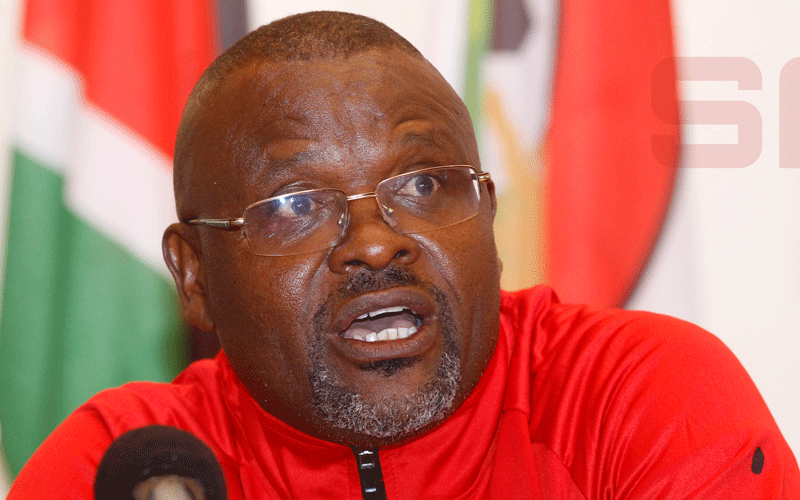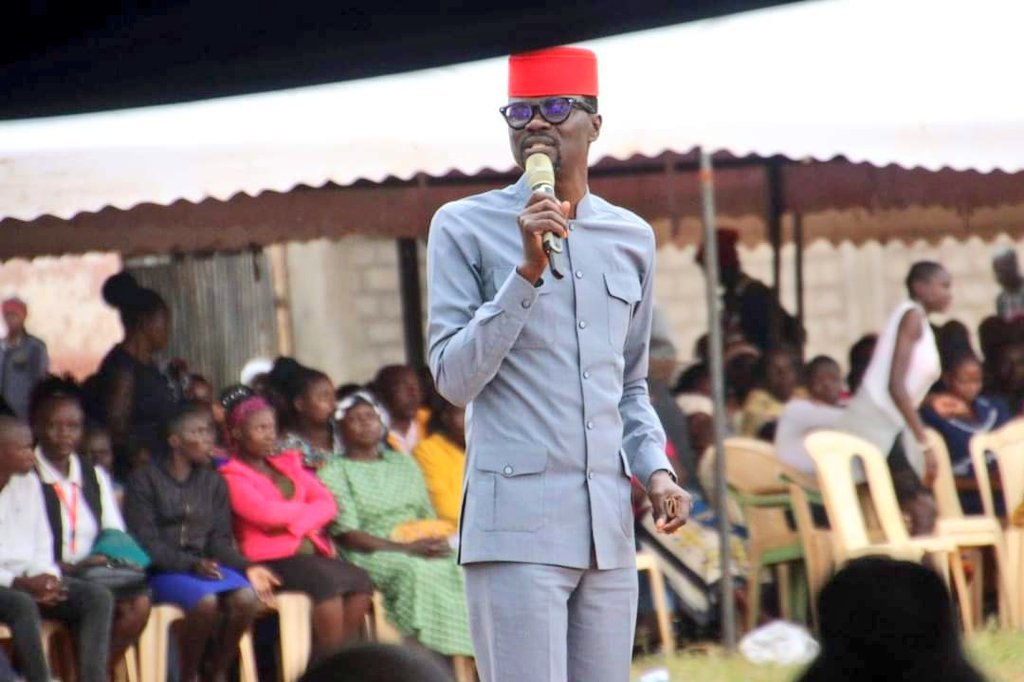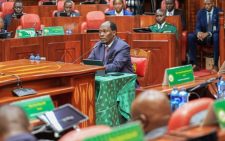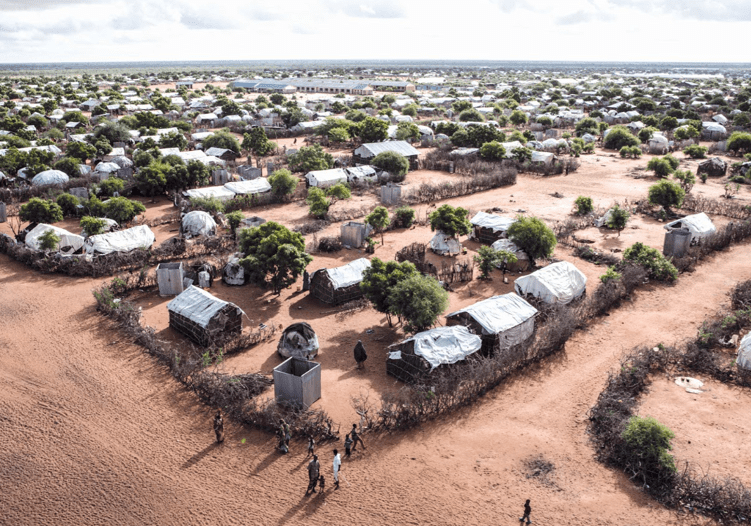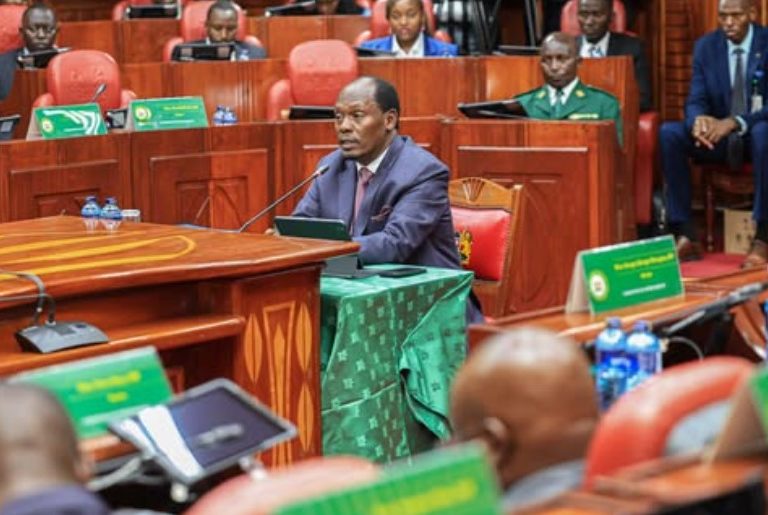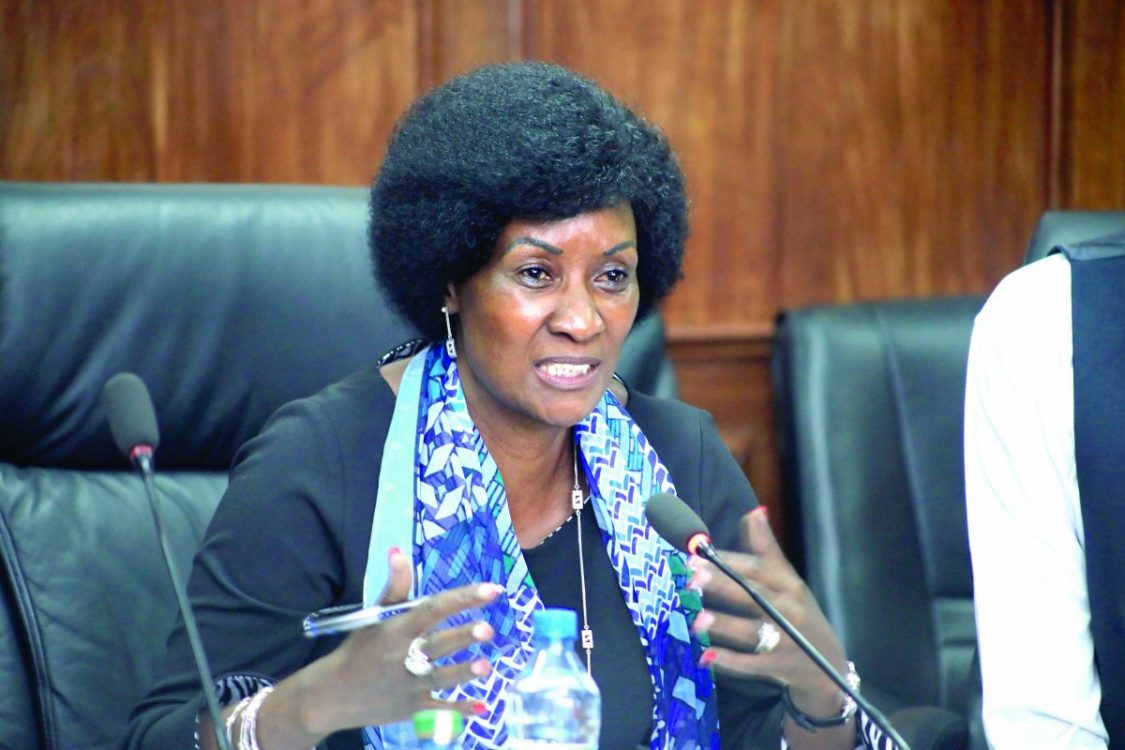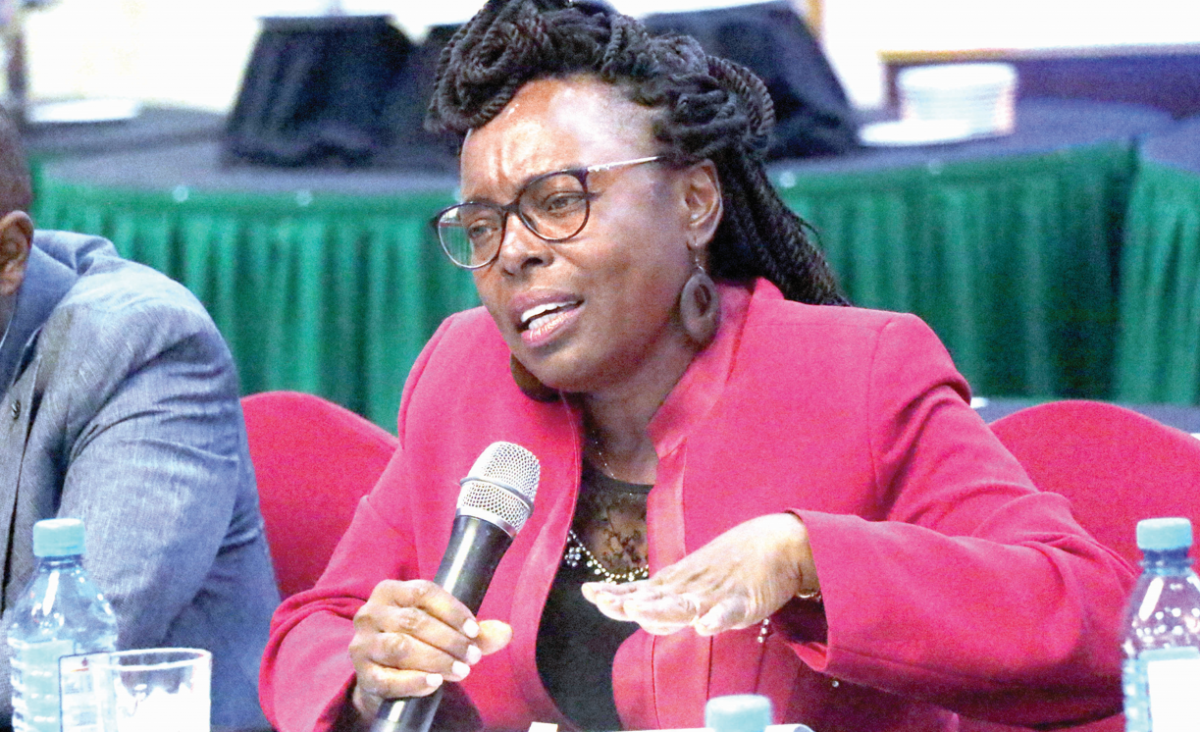New approach by agencies in terror war
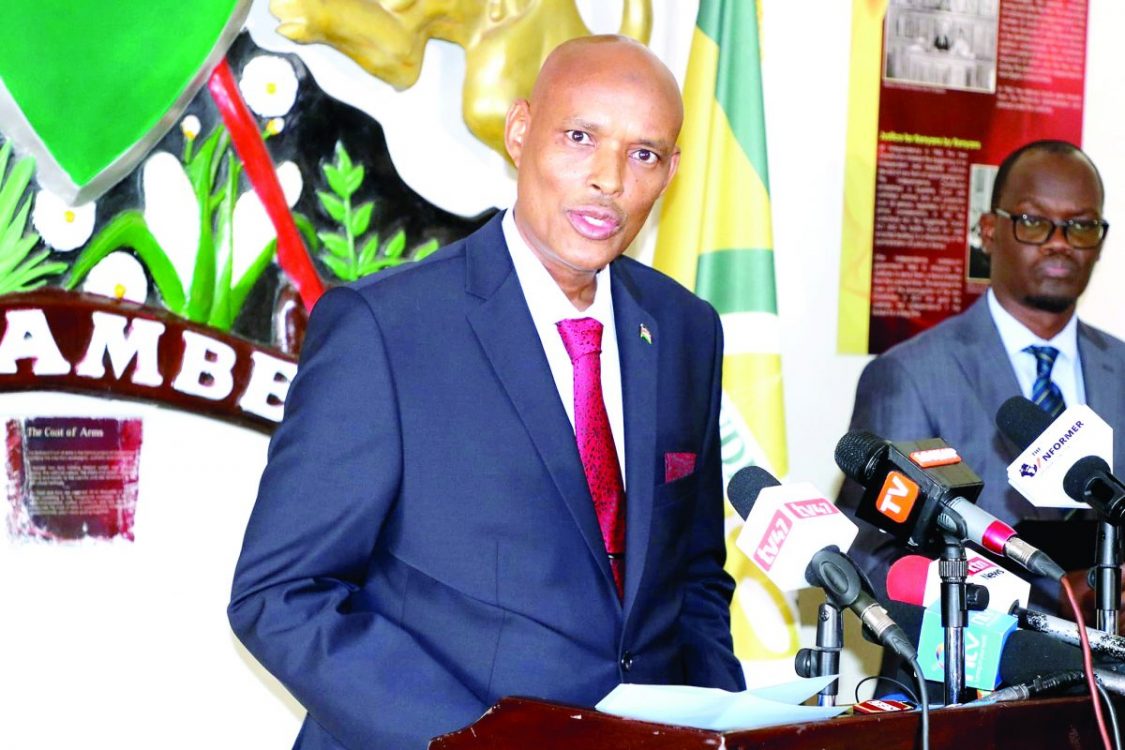
Security and investigative agencies have adopted a collaborative approach to investigations and prosecution of corruption, terrorism, terrorism financing and money laundering cases among other crimes.
The initiatives seek to leverage resources and expertise while improving the ability to detect, prevent, and effectively investigate such crimes.
“The various agencies are equipped differently, with their own unique capacities, and this will enhance the optimal use of shared information. The joint investigations ensure timely information sharing,” the Directorate of Criminal Investigations (DCI) boss Mohamed Amin said.
In conducting investigations, the lead agency is expected to ensure that all concerned agencies are involved in the investigations and are provided access to relevant information.
Last week, the Law Society of Kenya (LSK) agreed to report suspicious transactions by their clients to the Financial Reporting Centre (FRC) in a major boost to the fight against money laundering in the country.
The move ends a stalemate that had tested one of the conditions Kenya was required to fulfil to continue accessing a Sh334 billion loan from the International Monetary Fund (IMF).
Signed consent
The FRC Director-General Saitoti Maika on August 17 told Parliament they had signed consent with the Law Society of Kenya (LSK) to withdraw a case which has blocked the implementation of a new law that compels lawyers and their staff to disclose suspicious financial deals involving their clients.
The Central Bank of Kenya (CBK) Governor Kamau Thugge has also backed the proposed changes to the law arguing that Kenya stands the risk of being placed on the Financial Action Task Force (FATF) “grey list” if it does not substantially address deficiencies including legal reforms by October 2023.
“The need for multi-agency, multi-stakeholder and multi-sectoral approach has been necessitated by the organized and complex nature of some of these crimes. They require thorough investigations while gathering sufficient evidence likely to secure upon prosecution,” a senior government official said.
The Office of the Director of Public Prosecutions (ODPP) has also issued clear directives regarding investigations into money laundering, terrorism and terrorism financing cases.
On August 11, for example, the acting DPP Dorcas Oduor issued directives aimed at addressing the deficiencies on Kenya’s anti-money laundering and countering the financing of terrorism efforts.
Oduor directed prosecutors handling cases that generate proceeds of crime to ensure that criminal investigation files are reviewed to establish whether any proceeds of crime were generated from the commission of the offence and initiate parallel financial investigations in such cases.
Kenya underwent a mutual evaluation process last year by the Eastern Anti-Money Laundering Group (ESAAMLG) and in September 2022, ESAAMLG submitted a report on deficiencies and ways of strengthening the country’s anti-money laundering and the countering of terrorism financing framework.
As a result, Kenya was placed on a one-year observation period to rectify the identified deficiencies by October this year.
To address the deficiencies, the FRC as the coordinator of the National Taskforce on Anti-Money Laundering and the Countering of Terrorism Financing, identified the ODPP as one of the key institutions in addressing some of the deficiencies identified.
According to the DPP, the proceeds-generating offences to be given priority have been identified as fraud and forgery offences; drug-related offences; corruption and economic crime offences; environmental and wildlife cases; and cyber-crime-related offences.

